| So we all know the 4 Cs: Critical Thinking Skills, Creation of Content, Collaboration, and Connections to develop a Personal Learning Community. (PLC) But I don't think that's all of them. I'd like to advocate for another, Curation. Once students have collected relevant, reliable information, made connections and used them to collaborate on the creation of some project, they need a way to categorize, classify, and store all of this information for later retrieval and sharing of content as needed. All of the information sources, contacts, and products shouldn't just disappear after the unit, project, or lesson is finished. All of this information can be used at later dates for reflection, springboards for further learning, or for sharing with others looking for reliable information. So I officially nominate Collaboration to be included. Who will second the motion? Shall we put it to a vote? |
|
0 Comments
There is a lovely retired teacher and writer who I run into on occasion in my neighborhood coffee shop. Last week, he gave me his card and he described himself as purveyor of words. Isn't that just like an author? Describing something everyday and normal in a manner that makes you take a second look so you realize that it is in fact not everyday and normal. Well, this sparked some thinking for me. What do I do? I teach. But that answer doesn't even begin to describe what I do with my students. A teacher just hands off knowledge to her pupils and that is certainly not what I do at all. (Though I must confess, way, way, back, that might have been what I did.)
So I asked myself, "If I don't teach, what do I do?" Well... I help my kiddos learn how to find information, solve problems, and deal with adversity. I help them become caring, helpful, concerned citizens who make the world a better place for others around them. I help them look at the world to find beauty, wonder, and wrongs to be righted. I work my butt off for them because they deserve my best, and they do the same for me! I lay awake at night worrying about them and muddling over ways to best help them conquer the challenges they face. I spend a great many of my waking hours researching, learning, and developing new and innovative ways to help them become better learners and nicer people. But most of all... I love them! Really, I can't help it. They are just there... smiling or scowling at me, imperfect, hoping to do well, having good days and bad ones, making others smile, being naughty. How could I not love all that? So back to the original question. How do I put all of what I do into one short description, a job title? That seemed to be quite the conundrum. Hmmm... I thought about the fact that teaching, when done well, is truly an art form. So what about an artist? But most art is a static creation once finished, it doesn't continue to grow, change, and develop, at least not in the way people do. So if not an artist what? A chef? A tour guide? A gardener? Yes. That was it! A gardener! A garden, whether beautifully manicured, overgrown, or untended is continually changing and growing... just like my students. The landscaper or arborist can make small changes that will have a lasting impact for years to come, but isn't in complete control. That gardener is me! Those plants are my students! Some are tall and sturdy, with deep roots able to weather any storm. Some are delicate flowers needing some extra care in order to bloom beautifully. Some are the grass beneath your feet, warming your toes on a sunny day. And with some tools, rain, and sun, we all work together to create something beautiful. So it is decided. If someone asks me what I do, my response is that I am a cultivator of minds. I like the sound of that and all that it implies. Now if I can just get the school administration to change my job title...
So last week I had the dreaded four hours of first aid and CPR recertification. I can hear your commiserating groan now! Not always what you want to spend four hours on when you have lessons to plan, mystery Skype calls to organize, iPads to update... But here's the kicker... Not two hours later I was putting much of my teacher training to work OUTSIDE of the classroom.
On the way to meet a fellow teacher for dinner before seeing the theatre production Potted Potter my daughter and I were witnesses, and luckily not victims, to a pretty nasty traffic accident. While I had her remain in the car I ran to the scene which was a confusion of drivers, witnesses, and bystanders. After checking that the windshield of the first driver was broken by a gate and not her head I noticed that everyone was in a state of agitated confusion. If you're a teacher this is nothing new for you and you know how to handle it. Which I did. Let's face it, we both know I was already in teacher mode. As soon as I started directing people to call 911, keep watch over the drivers and directing them to stay in their cars until paramedics arrived, I could see that everyone was feeling much more calm and secure. This was the same for victims, bystanders, and witnesses. Nothing had changed except that I had assumed control of the situation and started giving directions. It's truly amazing what a sense of security that can give to people. Now, this was a traumatic incident for a bunch of adults, and I was bale to make it quite a bit less so rather quickly. This is why teachers are so important in the lives of students, we give them the sense of order and control that they need on order to be successful in the classroom. Whether or not they have the same sense of order and control at home, they still need it at school in order to feel safe. So teachers everywhere, don't limit the use of your teacher skills to just your classroom, there are others out there waiting for you and your super powers.
I am lucky that I work in a school where I am afforded ample opportunities to attend high quality professional development conferences, trainings, or seminars every year. In regards to math, Marilyn Burns has to be my favorite rock star. If I had my choice to spend an afternoon with her or Alan Jackson, I'd have to go with Marilyn. I saw her for the first time when I weaseled my way into a math conference as a student teacher and every time I have seen her since has been just as fun and inspiring as the first time. (Now I won't say how long ago it was that I first saw her, or how many times, that would just make both of us look old.) But it was Marilyn Burns who taught me that you have to delve into the thought processes of a student if you truly want to learn how well they understand something. I loved the idea of writing about math, you always need good topics for writing and math is an excellent one. This idea also fits in beautifully with my mean, evil, step-teacher persona. "What? the kids asked, "You mean we have to write during math? You really ARE evil!" Bwaaa ha ha! Oh yes...I am! So, my students write about math constantly. Not only do they do it for assessments, they do it for problem solving. When we problem solve in math class, true problem solving, I don't check work or answers. Students have to work like real mathematicians, solving the problem in multiple different ways, and checking their results. They then have "math conferences" where they circulate the room and compare strategies and results with their fellow mathematicians. They then have to make connections, just like we do in reading; problem to self, problem to problem, problem to world. Sometimes we even do First, Next, Then, Last books about the problem solving process. Sequencing doesn't only happen in language arts folks. This is how scientists and mathematicians do it, so this is how we do it! Now, if you look at the few samples I have below you can clearly see the differences in understanding, even among the three who got the correct answer. With information like this I have a spot-on accurate assessment of their abilities. I will also know when someone gets an answer right on accident. I had a student explain that 4/5 was more than 3/4 because 4+5 was more than 3+4. Without that explanation this answer would have been counter productive for me as the teacher. I've also had students blow me away by creating algorithms that they had never been taught. One student, with a similar problem to the one below explained the 2-7 section of the problem as being a -5, which he subtracted from what he got in the rest of the algorithm. Holy cow! Now that's a kid with some number sense. So if these kids now take a common core assessment, what is new for them? Certainly not explaining their thinking or providing evidence. This process of explaining your computation and reasoning is old hat for them. So I say to Common Core, bring it! My students first graders will be ready.
Even if I wasn't using computers and iPads in my classroom, my teaching would still be completely different from what it was five to ten years ago. Way back when, I started learning about teaching for true understanding, critical analysis, and creative creation. These ideas was alluded to in my teacher training, but that was so long ago they were just in their infancy for most of the teaching community. Working with manipulatives and understanding the concepts and patterns of math BEFORE showing how to record them with arithmetic algorithms was just the first step. Now I ask students to use what they know to solve problems well above their grade level using teamwork and critical thinking skills. Being smart is using what you know to figure out what you don't know. Even after this arduous process I won't check students' work because that's not how it works in the real world. Mathematicians and scientists don't have anyone to tell them if their theories and calculations are correct. They compare results with their peers, so that is what my students do. Storytelling has changed as well. No longer do I accept just regular writing. I want exciting and precise vocabulary, proper organization, and exactness of detail. And the excuse, but they are just first graders won't fly with me. They aren't JUST first graders, they are FIRST GRADERS! Empower the students, teach them foundational skills, get out of their way, and they will amaze you. Now, add in to this the use of computers and iPads and the revolution grows. Geography takes on true meaning when you are in the midst of a mystery location call, bloggers have a world wide audience, your partner on that last project was not your buddy from class but your buddy from across the world. My students have close to the sum of human knowledge at their fingertips. But as Harold Wheeler says, they need to develop their crap detectors, because let's face it, there is a lot of crap on the internet. My kiddos don't me to teach them details, they need me to teach them how to find the accurate information they need in order to solve problems. If you can be replaced by a video, you should be! So, with the switch to the "new" common core I wonder what is "new" about any of it. Assessing the processing of information, critical thinking, and problem solving skills of students is nothing new at all. It is just so much more exciting and customizable with technology.
Sometimes you just need to get away from it all! Well then, just go to Fiji and relax on the beach. That's what our first graders will do. This past week we started to create Fiji in the back office. This is a place where the students (and teachers) can go when they need a break or a cooling off period. We started by painting the water, the sandy beach, and the palm trees. I even added a plastic coconut "drink." (You can see it on the desk.) But we aren't finished yet. I'm going to bring in a beach towel, Ms. Shapp said she had an old beach chair we could add, and we are hoping for a grass skirt donation to put around the desk. The kicker would be if we could get a small blow-up boat, but we'll have to do some "fishing around" for that. So far Fiji has been entirely too popular, but that always happens when our get-away spot is new. Wouldn't you be there all the time? In a few days in won't be so novel and will be used as intended. In the past I've had Antarctica as a place to "cool off" with penguins, and a field with a stuffed lamb friend. But one word of warning, be sure to put it in your sub plans. A few years ago a sub in my friend's second grade class was not amused when a student disappeared and then informed her he had been to Hawaii.
|
Categories
All
Archives
July 2018
|
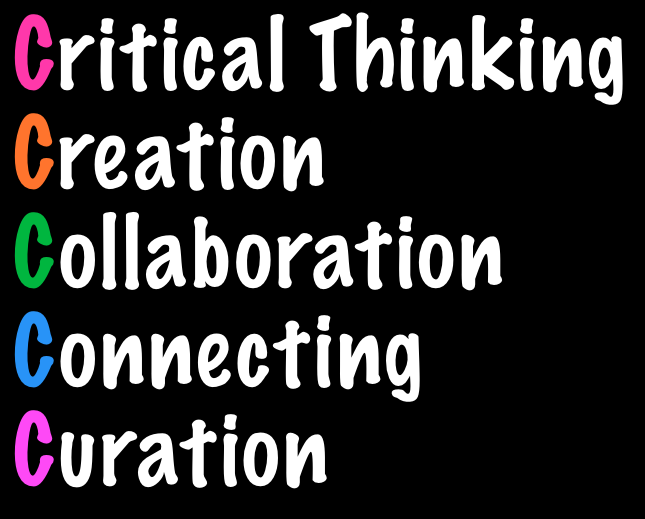
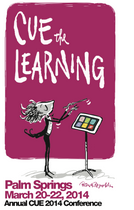
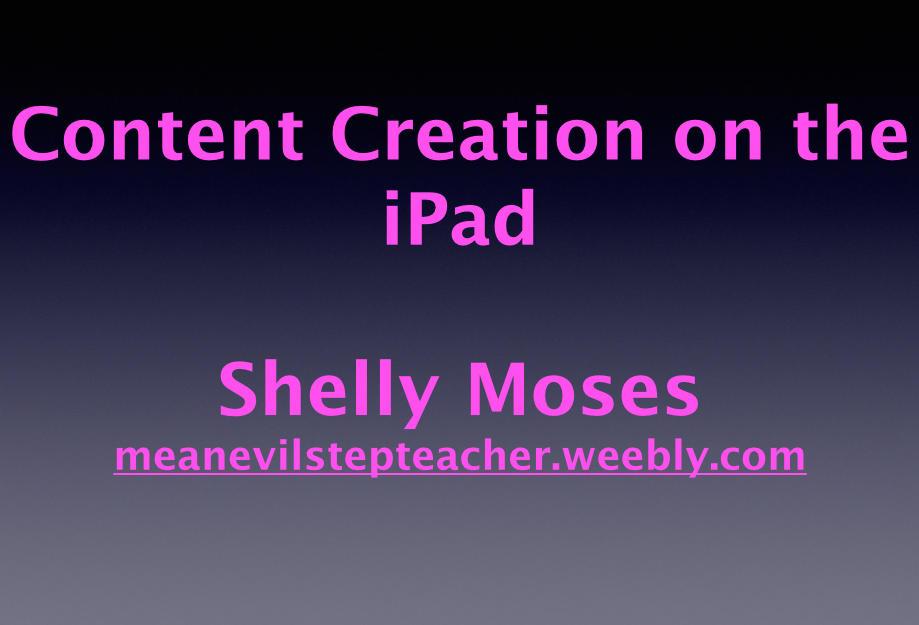
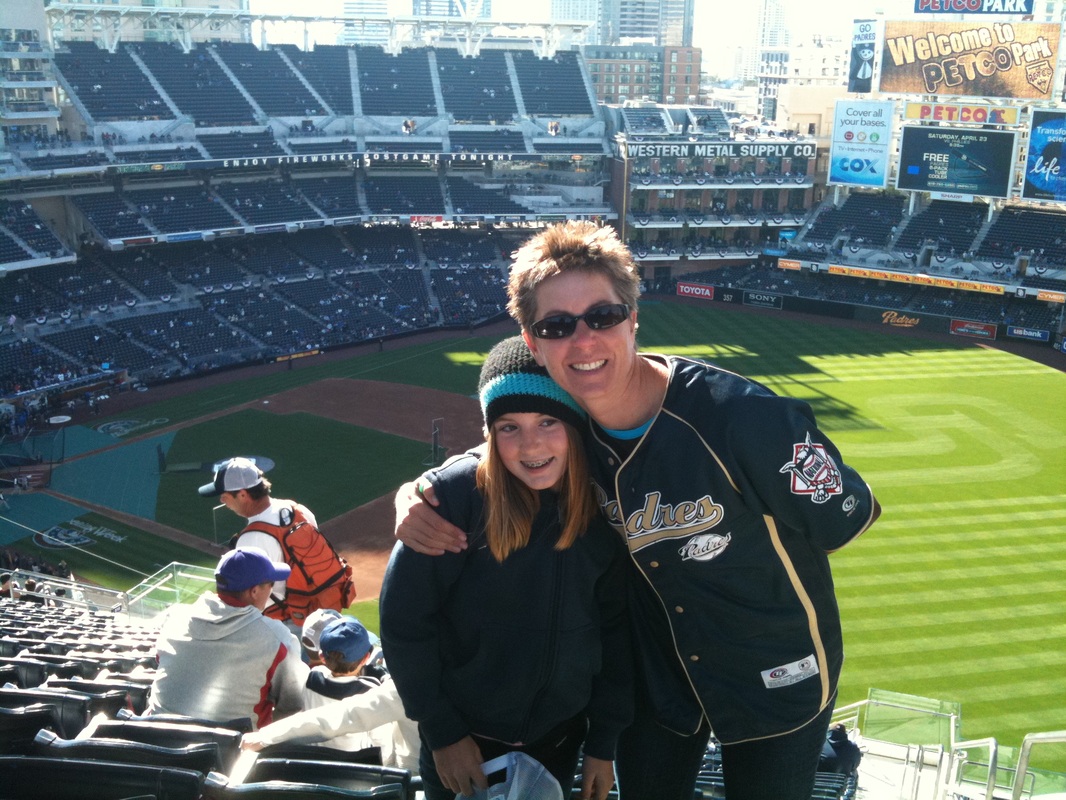
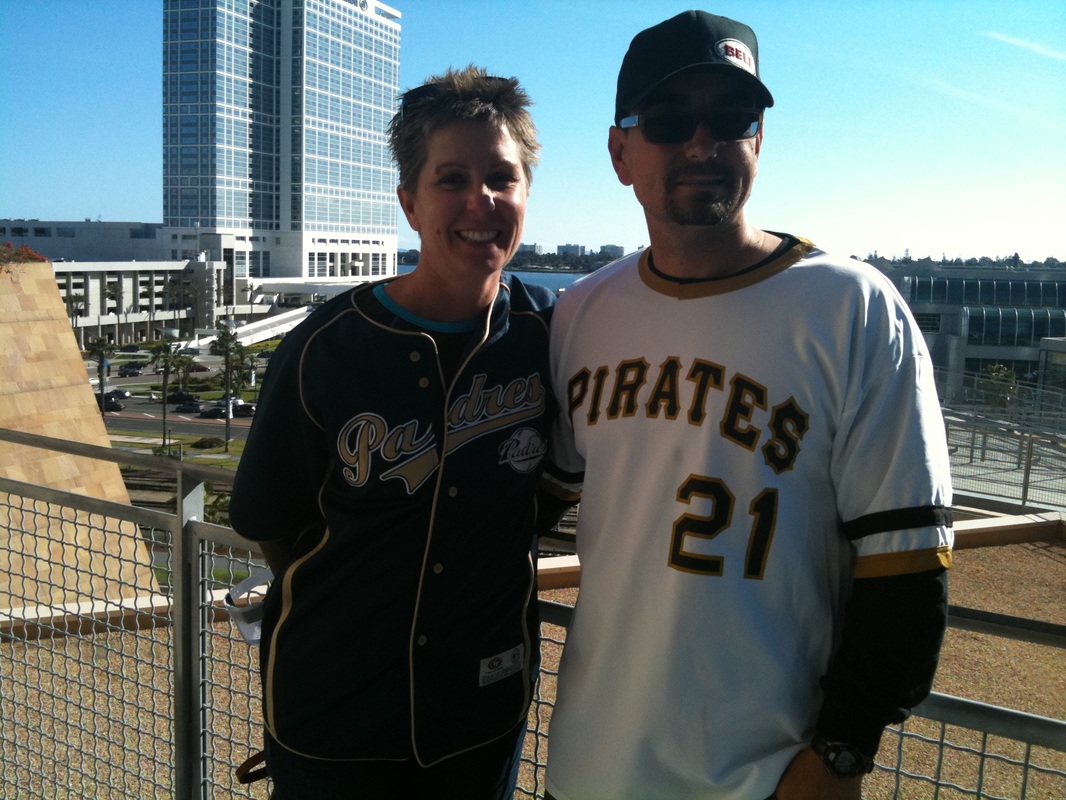
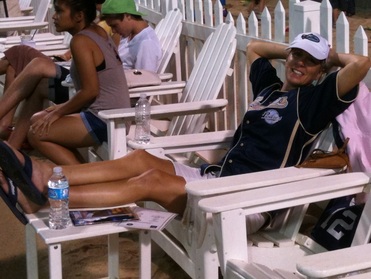

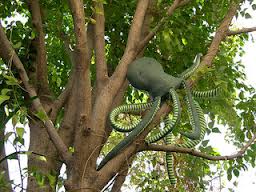
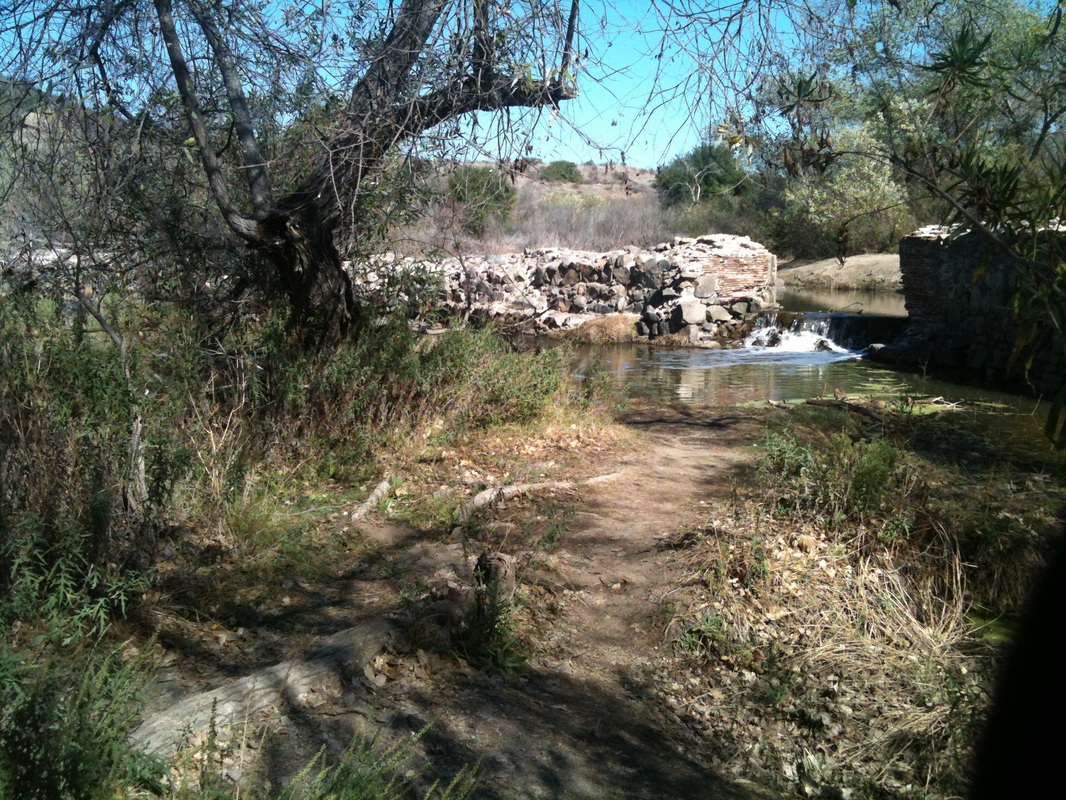
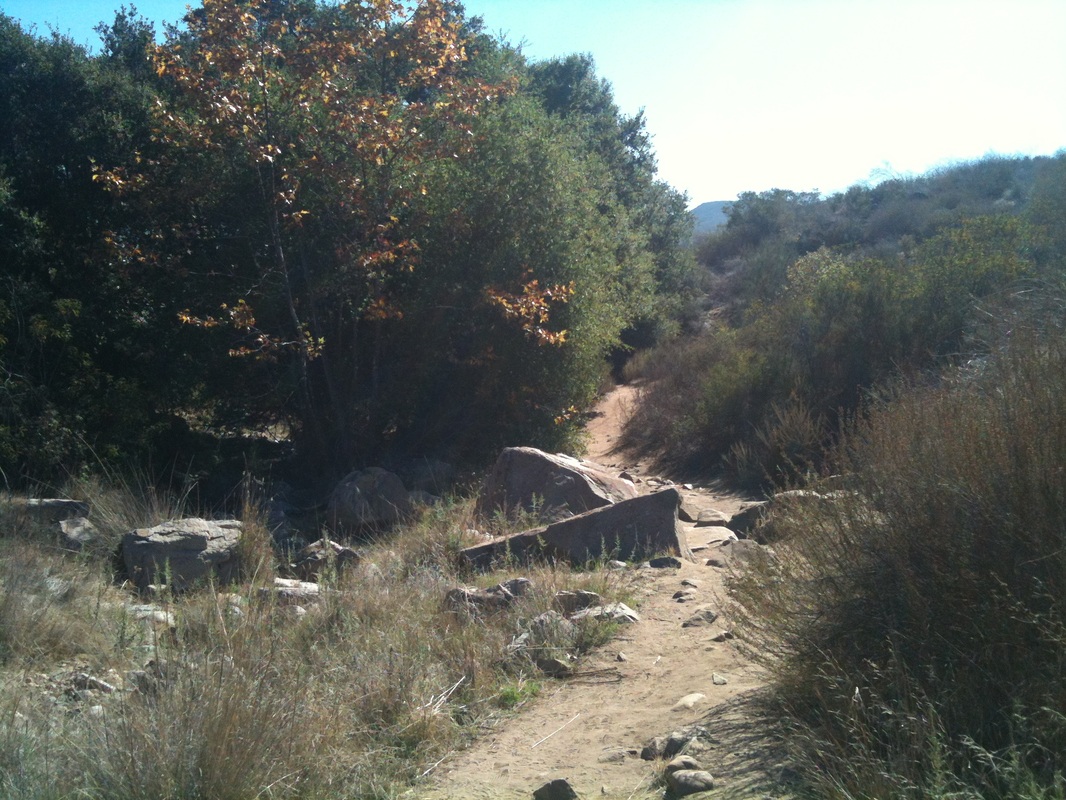
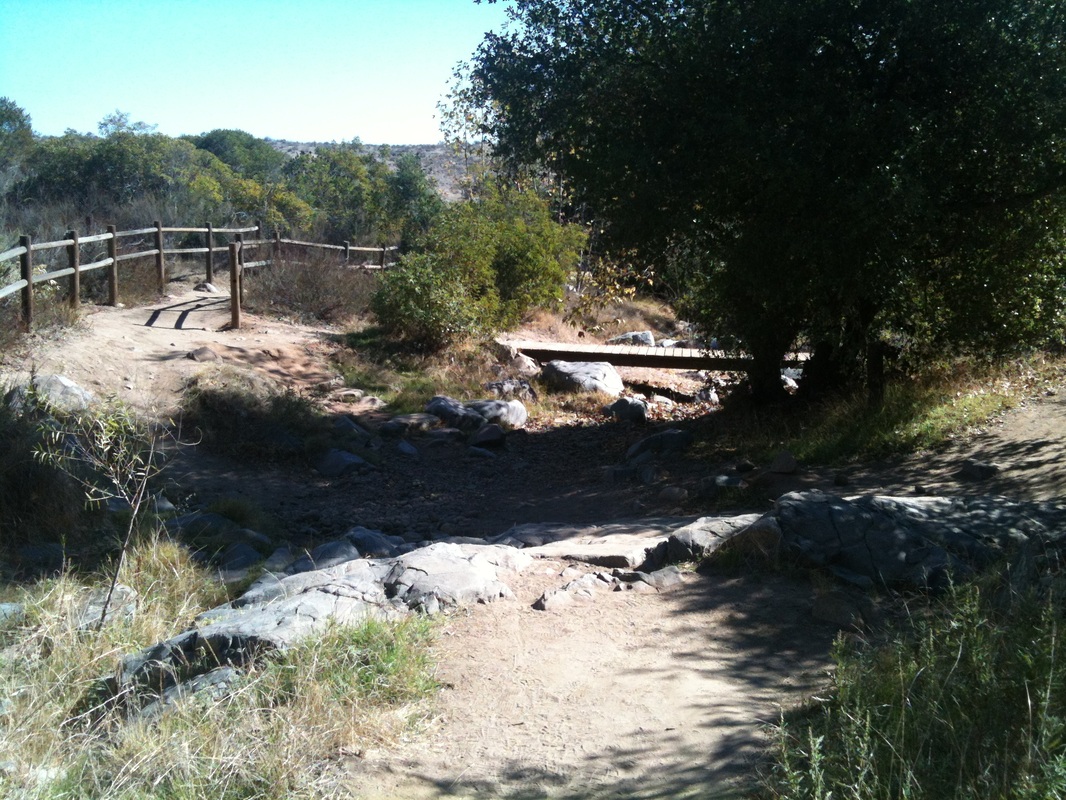
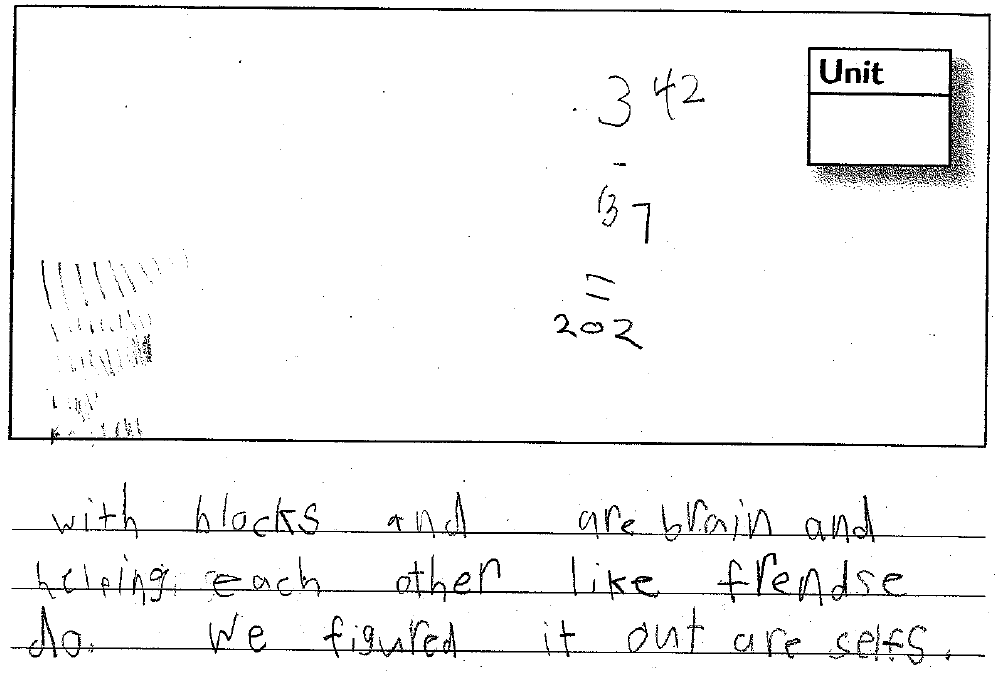
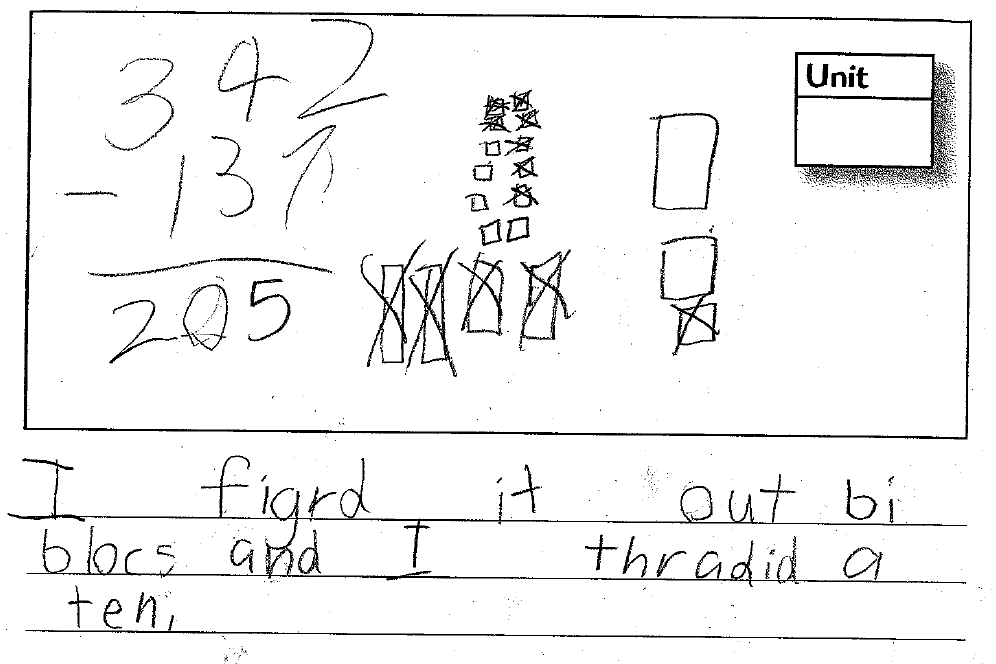
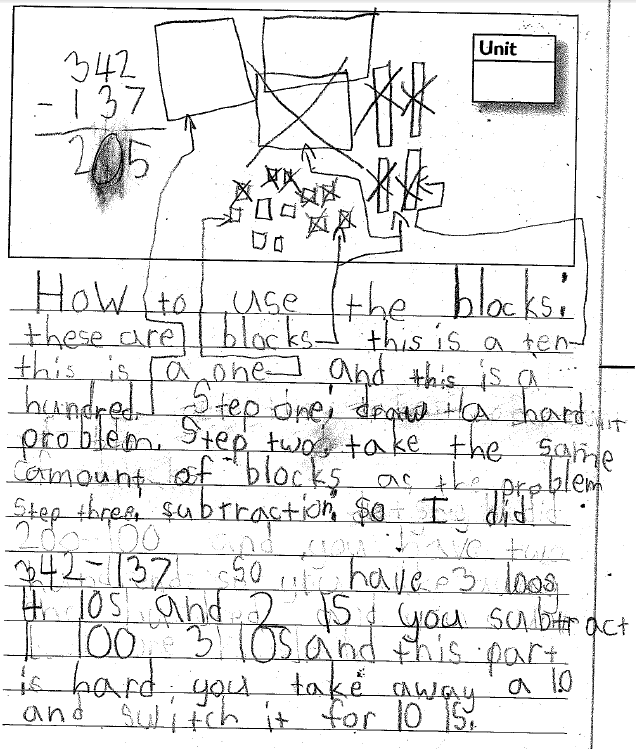
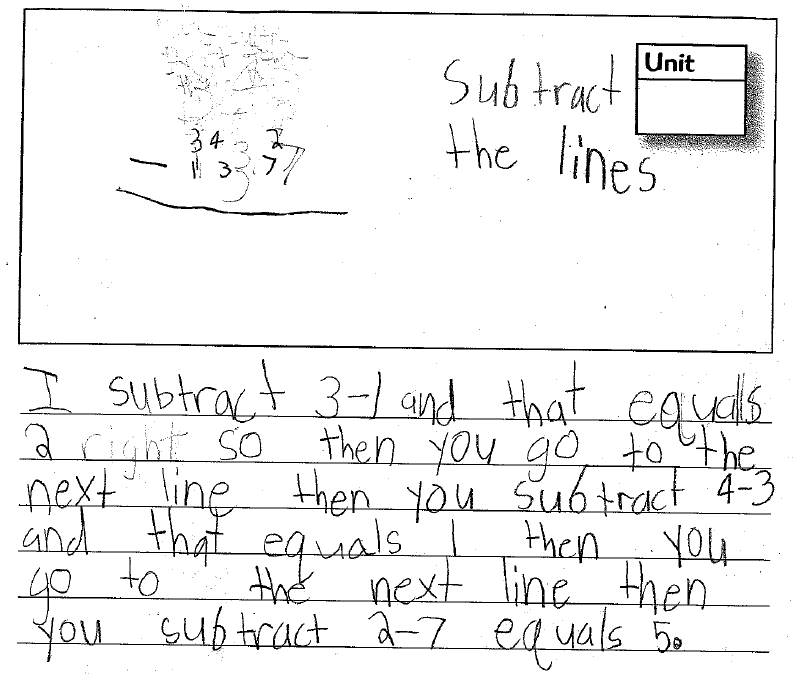
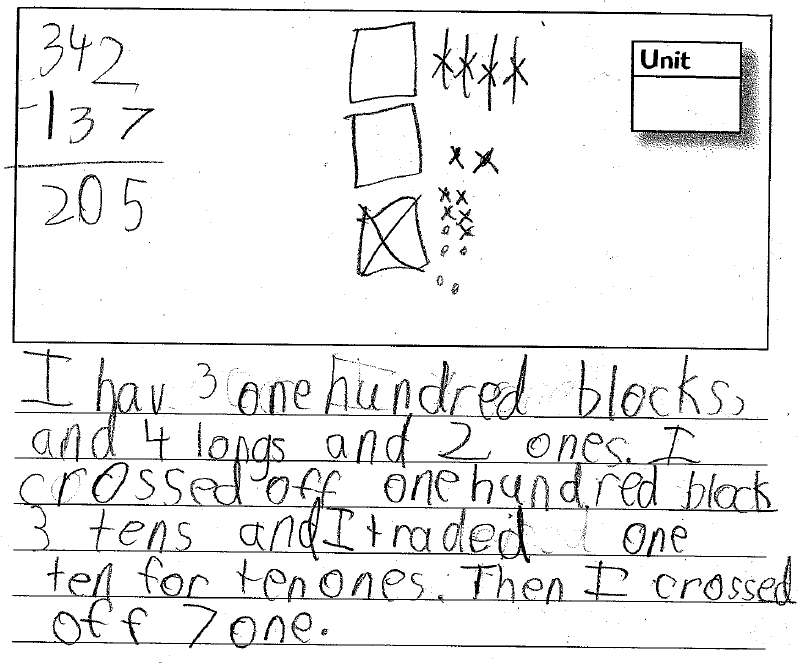
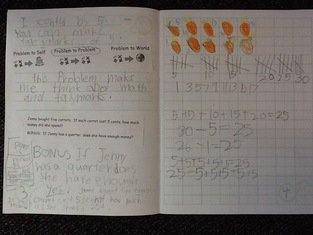
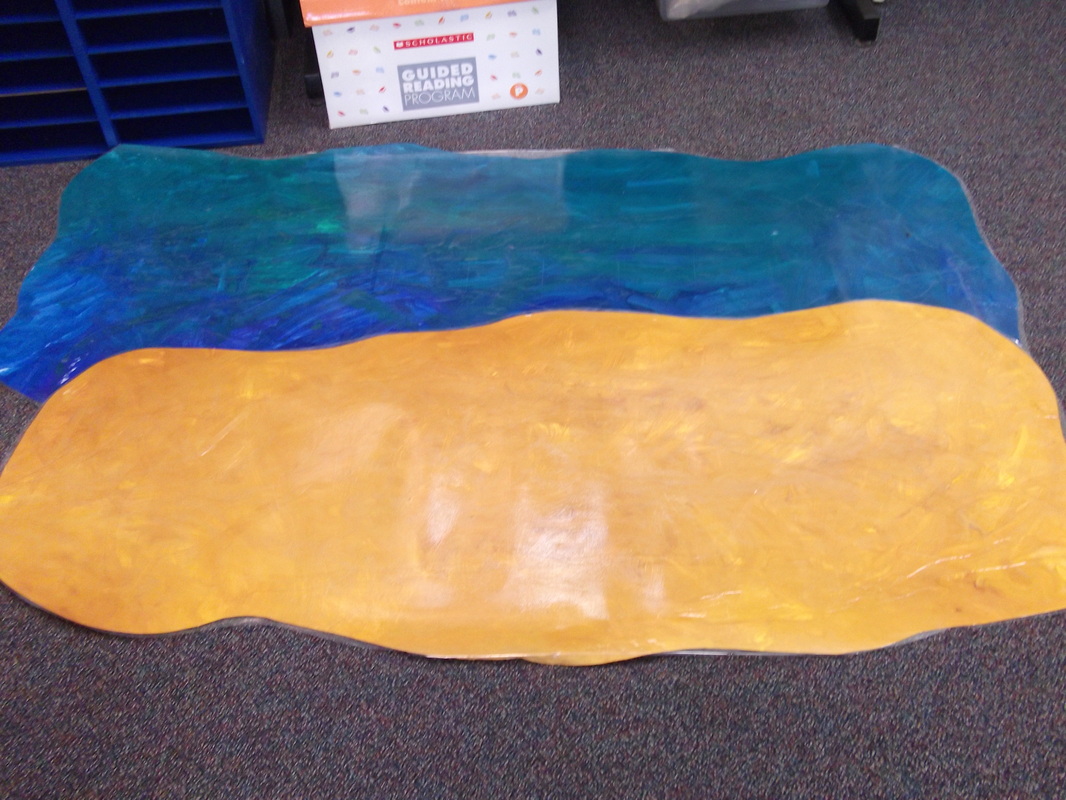
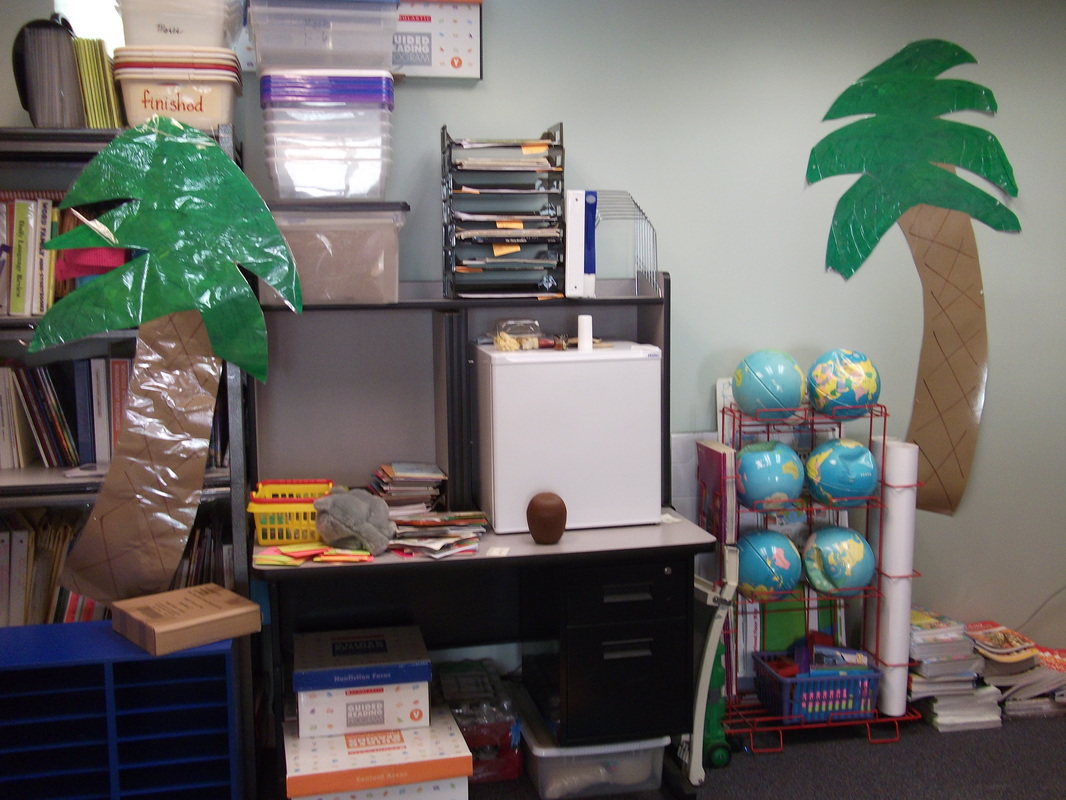
 RSS Feed
RSS Feed
